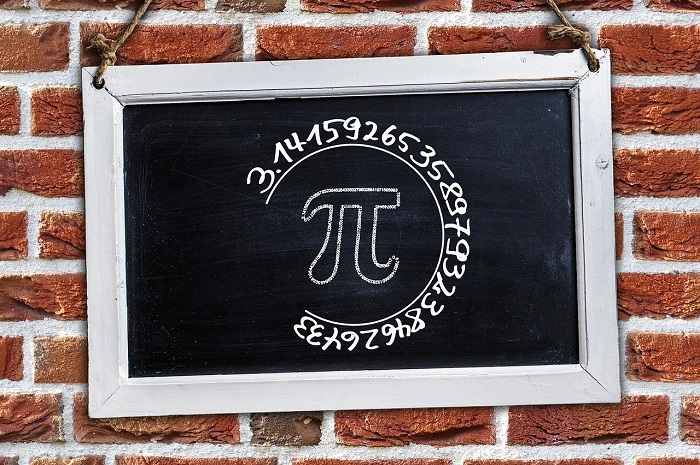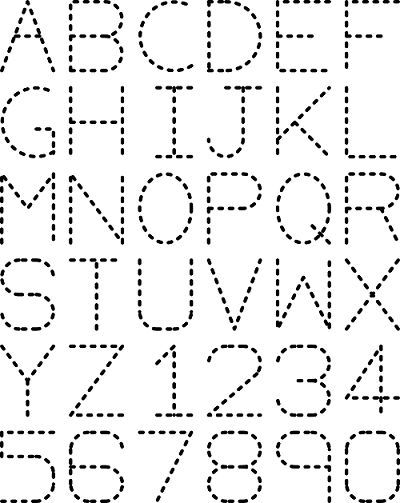- MN ABE Connect
- Archive
- Specific Learning Disorders: The Symptoms, the Myths, the Facts
 October 21, 2019
October 21, 2019
Specific Learning Disorders: The Symptoms, the Myths, the Facts
Wendy Sweeney, PANDA ManagerOften called a “learning disability”, specific learning disorders are frequently misunderstood.
SOME COMMON SYMPTOMS
- short attention span
- poor memory
- difficulty following directions
- inability to discriminate between/among letters, numerals, or sounds
- poor reading, comprehension and slowed fluency
- poor spelling and grammar
THE MYTH
Many believe the term specific learning disability is all inclusive, meaning anyone who may have trouble learning (including those with a developmental disability, low ability, ADHD, or those who have had a brain injury or stroke). A specific learning disability is not low intelligence. Some believe an individual is not trying hard enough or is lazy.
THE FACTS
A specific learning disorder is a lifelong neurological difference in brain structure and function that affects the way people process information.
Wiring in the brain prevents people from integrating information easily/automatically; therefore, they have a need to learn information differently than others.
People need to show evidence of at least average intellectual function in order to be diagnosed with a specific learning disorder.
TYPES OF SPECIFIC LEARNING DISORDERS
-

Dyslexia – difficulty with accurate and/or fluent word recognition and by poor spelling and decoding abilities. Secondary consequences may include problems in reading comprehension and reduced reading fluency that can impede growth of vocabulary and background knowledge.
- Dyscalculia – difficulty recognizing number patterns, math concepts, math language, learning and retaining math facts and/or math procedures, poor calculation skills and problem-solving skills.
- Dysgraphia – specifically impacts spelling and writing because the basic prerequisite skills for motor movement and letter formation are inefficient. This causes an energy drain that may greatly interfere with the overall writing process, which requires motor and information processing skills.
Need resources on specific learning disorders?
Check out this handout containing multi-sensory learning strategies and a multi-sensory toolkit.
Find more information about specific learning disorders, instructional strategies, classroom challenges, ELL applications, and resources, go to the PANDA website: https://mn.abedisabilities.org/category/specific-learning-disorders/
Watch this video about the myths of dyslexia.
Reference: ldaamerica.org
Newsletter Signup
Get MN ABE Connect—the official source for ABE events, activities, and resources!
Sign UpArticle Categories
- ABE Foundations/Staff Onboarding
- ACES/Transitions
- Adult Career Pathways
- Assessment
- CCR Standards
- Citizenship
- COVID-19
- Cultural Competency
- Digital Literacy/Northstar
- Disabilities
- Distance Learning/Education
- ELA
- Equity/Inclusion
- ESL
- HSE/Adult Diploma
- Listening
- Math/Numeracy
- Mental Health
- Minnesota ABE
- One-Room Schoolhouse/Multilevel
- Professional Development
- Program Management
- Reading
- Remote Instruction
- Science
- Social Studies
- Speaking/Conversation
- Support Services
- Teaching Strategies
- Technology
- Uncategorized
- Volunteers/Tutors
- Writing